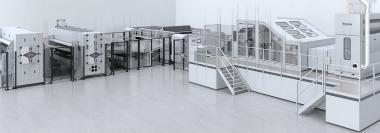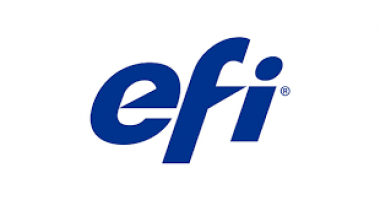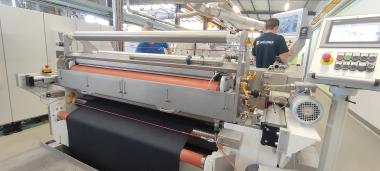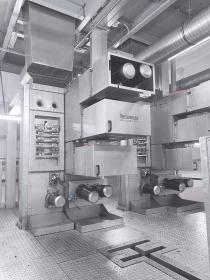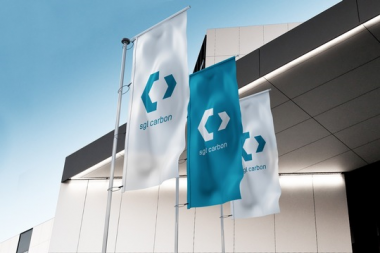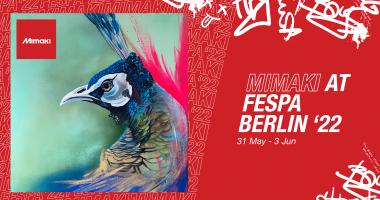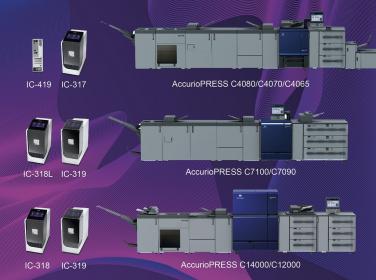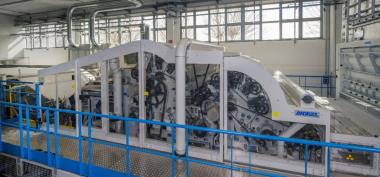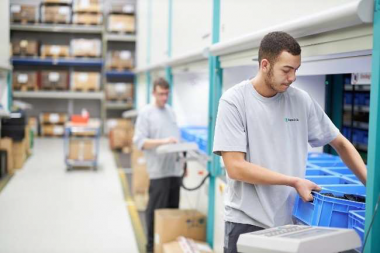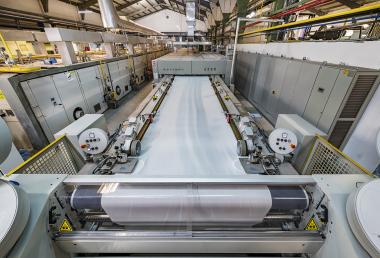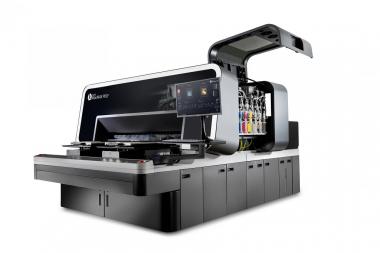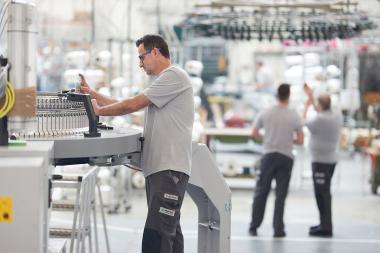SHIMA SEIKI to exhibit at Pitti Filati 91
SHIMA SEIKI ITALIA S.p.A. will exhibit at the 91st edition of the Pitti Immagine Filati exhibition in Florence, Italy from 29th June till 1st July, 2022. Products exhibited will include the SWG-FIRST124 and N.SIR123SP computerized flat knitting machines as well as APEXFiz™ design software.
The renewed SWG-FIRST124 is a synthesis of all of SHIMA SEIKI’s experience and know-how in computerized shaped knitting, realizing a tremendous range of knitting from full-fashioning and rib shaping to integral knitting. This all-purpose capability is made possible by the revolutionary SlideNeedle™, which, together with loop pressers and transfer jacks, offers remarkable variety, expanding the boundaries of flat knitting with the capability to produce garments that were previously impossible to produce.
The N.SIR123SP computerized knitting machine with intarsia capability features a special loop presser bed for producing hybrid inlay fabrics with both knit and weave characteristics. N.SIR123SP will also feature the special i-Plating option, capable of alternating yarn colors in any pattern, producing jacquard-like designs using plain jersey stitch. Plating can be performed within the same course and for individual needles. In combination with the loop presser and spring-type moveable sinker system even greater diversity in knit design is possible.
APEXFiz™ is subscription-based design software that supports the creative side of fashion from planning and design to colorway evaluation, realistic fabric simulation and 3D virtual sampling. Virtual samples are a digitized version of sample making that are accurate enough to be used effectively as prototypes, replacing physical sampling and consequently reducing time, cost and material that otherwise go to waste. APEXFiz™ thereby helps to realize sustainability and digitally transform the fashion supply chain.
Continuing from past editions of Pitti Filati are knit samples produced in collaboration with Italian designer Vittorio Branchizio. Staff at the SHIMA SEIKI booth will be donning knit uniforms produced as a collaborative effort between SHIMA SEIKI ITALIA, knitting companies and yarn companies.
SHIMA SEIKI MFG., LTD.






